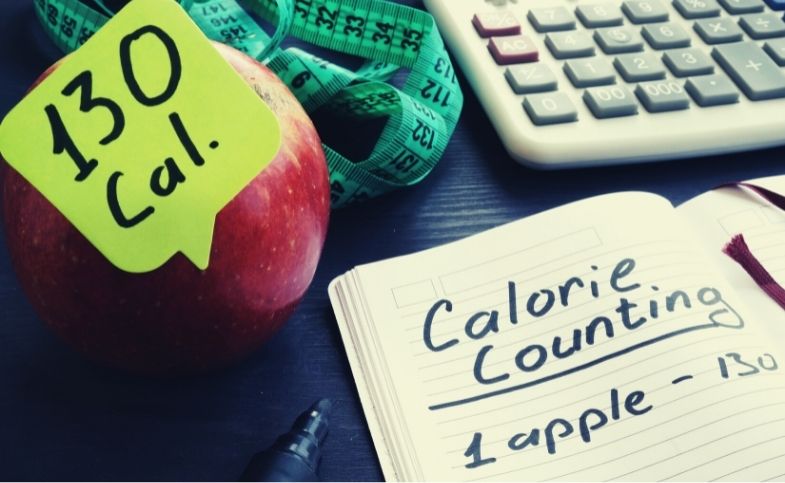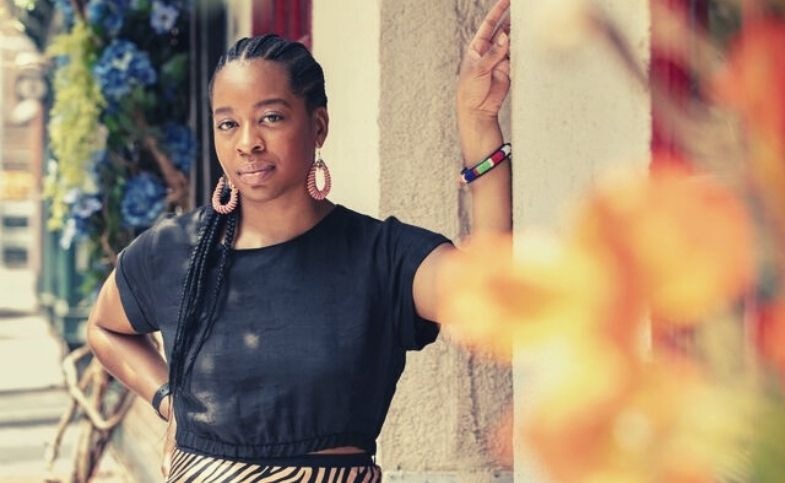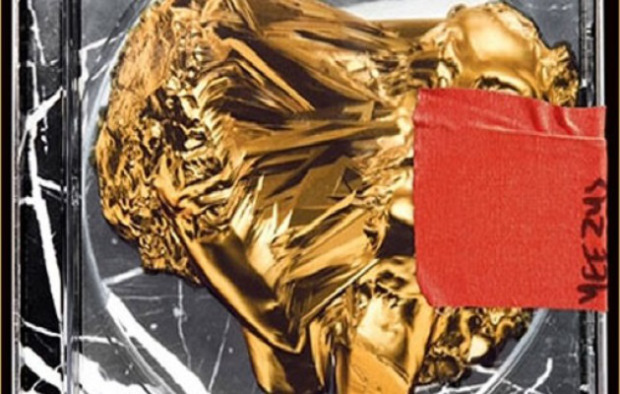written by Angel Eugenio Fraden
The sixth solo album by the notoriously controversial rapper Kanye West is as abrasive and convoluted as his relationship to the media. Immediately following his collaborative effort with Jay-Z on Watch The Throne, Mr. West curates a sound, thematically and stylistically, that starkly contrasts the entirety of his previous material. Working with both familiar and unfamiliar producers and artists from disparate origins, Yeezus both redefines and reconfigures our collective perception of hip hop.
The album kicks off aggressively with the forceful gusto of an artist whose skill lies in his unfaltering confidence. An unsuspecting, first-time listener could easily feel overwhelmed during “On Sight”, choking on a single layer of warbling, disorienting power-synth. Yet, Kanye maintains a steady grip on this crafted chaos, rapping, “How much do I not give a fuck? Let me show you right now before you give it up.” Conscious of the confusion he may exude, this bridge is immediately followed by a fifteen-second break in the beat: an adolescent gospel chorus from Holy Name of Mary Choral Family’s “He’ll Give Us What We Really Need.” The sample takes us back to a familiar place, if only a short time, before a jarring but nonetheless graceful return to his original beat.
The first three songs, co-produced by the Parisian duo Daft Punk, take on a familiar shape. Kanye transcends his artistic constraints, relinquishing his creativity to a darker, animalistic alter ego. Muddled within a dense collage of dancehall, deep house, trap-step and industrialized electronica, the rapper confronts themes that are lyrically personal, sophisticated, and thought provoking. “New Slaves” marks a subtle transition from the trend of bombastic noise-synth as an enraged response to America’s dependency upon consumerism, eventually dissolving into a passionate ream of falsettos with Frank Ocean.
By the fifth song on Yeezus, Kanye has reached an emotional apex. With the aid of an unlikely collaboration between Bon Iver’s Justin Vernon and Chicago rapper Chief Keef, “Hold My Liquor” is an unprecedented melodic confessional of his own turbid anxieties. Vernon’s impeccable tonal quality drifts through vacant space, singing, “I can hold my liquor,” only to be followed by Chief Keef’s surprisingly genuine vocals, “I can’t hold no liquor.” The track’s lyrical content is two-sided, torn between an ostentatious display of machismo and an admittedly serious issue with alcoholism. Kanye, however, saves the spotlight for himself on the Hudson Mohawke produced “Blood on the Leaves”, his impassioned vocals wistfully accompanied by Nina Simone’s cover of Billie Holiday’s “Strange Fruit.” What is arguably the most resonating line of the album, “We could’ve been somebody,” introduces an escape from soulful piano ballad to a ferocious, brassy trap-breakdown courtesy of TNGHT’s “R U Ready.”
Yeezus is a response to Kanye West’s frustrations with the music industry. It’s a sharp, curt collection of tracks that openly mock the forces that have constantly oppressed him. Completely diverting from traditional forms of hip hop, this album—regardless of its apparent chauvinism and egotistical inflammation—has created a new, previously unknown territory for music. At his headlining performance during this year’s Governor’s Ball Festival at Randall’s Island, just after premiering his newest songs live, Kanye West spoke about Yeezus. He wasn’t concerned with record sales or rave reviews; no radio-edit singles, no album artwork. He just wanted to make an album for people to jam to this summer. And that’s exactly what he did.












